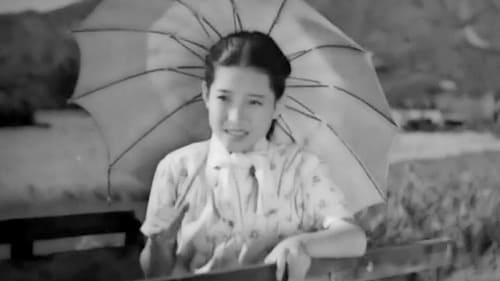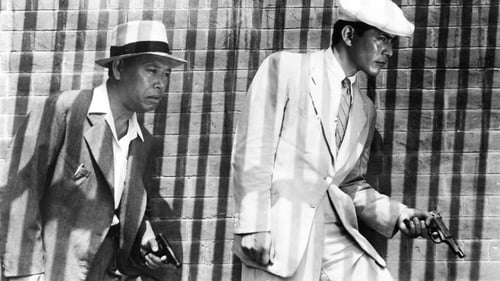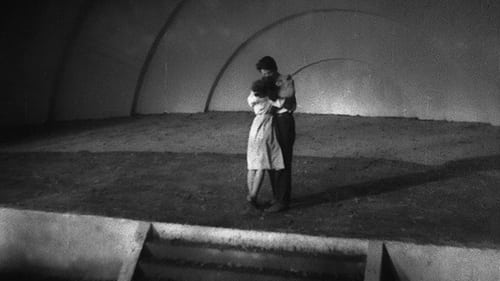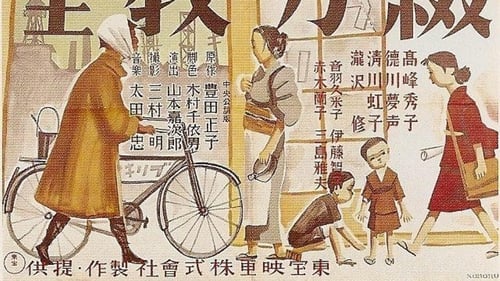
Three humorous love stories set in rural Japan.

Punk
A bad day gets worse for young detective Murakami when a pickpocket steals his gun on a hot, crowded bus. Desperate to right the wrong, he goes undercover, scavenging Tokyo’s sweltering streets for the stray dog whose desperation has led him to a life of crime. With each step, cop and criminal’s lives become more intertwined and the investigation becomes an examination of Murakami’s own dark side.

Waif
楽しくなるはずの日曜日のデートでことごとく厳しい現実に遭遇して落ち込む恋人たちが、最後にはそれでも明るい未来に希望を抱き絆を強める姿を巨匠・黒澤明監督が描いた瑞々しい感動編。とある日曜日にデートを計画した雄造と昌子。でも、手持ちのお金はたった35円。お金がないなりになんとか工夫して楽しいデートをと考えるのだが、そんな二人に容赦ない現実が待っていた。すっかり惨めな気持ちになって帰路につく二人だったが…。

A female doctor's story of her life in an isolated leper colony.

Chocolate and Soldiers (チョコレートと兵隊, Chokorēto to Heitai) is a 1938 Japanese war film directed by Sato Takeshi and one of the most effective Japanese propaganda films of the late 1930s. The American director Frank Capra said of Chocolate and Soldiers "We can't beat this kind of thing. We make a film like that maybe once in a decade. We haven't got the actors. It shows the common Japanese soldier as an individual and as a family man, presenting even enemy Chinese soldiers as brave individuals. It is considered to be a "humanist" film, paying close attention to the human feelings of both the soldier and his family. Cinema theorist Kate Taylor-Jones suggests that Chocolate and Soldiers provided "a vision of the noble, obedient and honourable Japanese army fighting to defend the emperor and Japan.

Mitsuo
Based on an autobiographical story by Toyota Masako.


